No products in the cart.
Return To Shop
Log in / Sign in
Login
Register
Men, Women and the Embattled Family
₹ 70
Uma Chakravarti’s essay delves into the discourses of women’s changing roles in nineteenth century Maharashtra, particularly in relation to education. As the household became enmeshed in a web of debates that had seeped in from the public to the domestic sphere, the education of one’s wife was a project taken on by many male Hindu middle-class reformers. This essay explores not only the nature of the education that was imparted – which was fundamentally different from that given to men – but also its perceived functions and the consequences faced by women who were given access to such ‘schooling’.
These aspirations of educating women were linked to the reformers’ new domestic ideology. The woman’s role in the household had begun to shift in the wake of changing social and economic circumstances, and their schooling was seen as a tool to effectively recast them into these new roles. The essay uncovers the ways in which early calls for educating women were fuelled by a desire for patriarchal control, as it analyses the lived experiences of the wives of such reformers and their marital relationships. It was within the household, in particular, that a conflict between traditional patriarchal ideals and those of the reformers broke out.
Finally, Chakravarti’s essay describes the ways in which women themselves viewed their new roles as companionate wives, and navigated the demands of education and the functions that such schooling sought to serve, which were far from any notions of liberation or agency. As an emergent form of patriarchy sought to replace an older variant, women were caught between two sides, neither of which had ever sought their choice in the matter.
| Author | |
|---|---|
| Year of Publication | |
| Page Count | |
| Format |
Be the first to review “Men, Women and the Embattled Family” Cancel reply
You must be logged in to post a review.
Related products
Contact Us
© Zubaan 2019. Site Design by Avinash Kuduvalli.
Payments on this site are handled by CCAvenue.



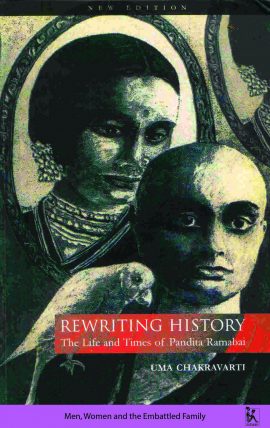
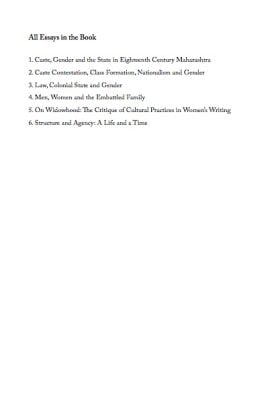
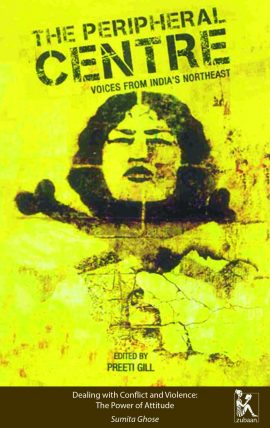
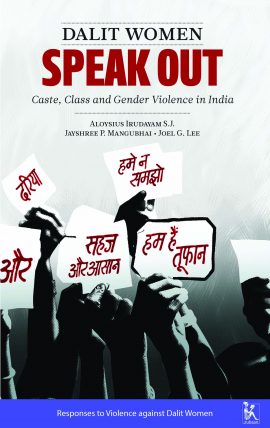
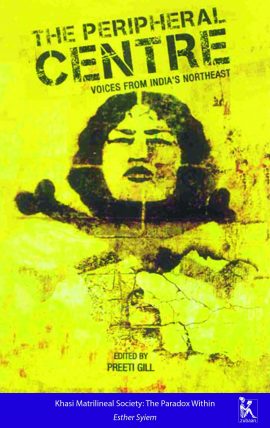
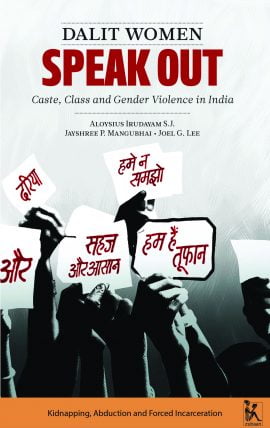
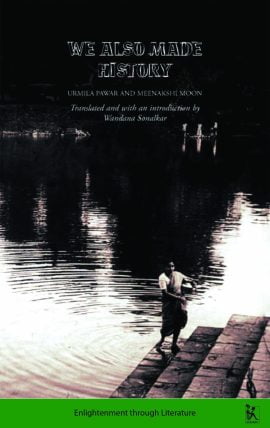
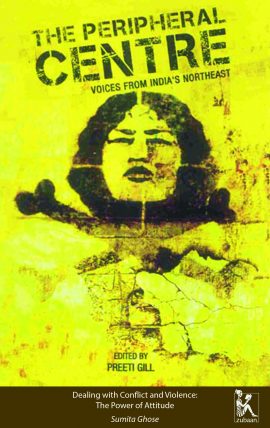
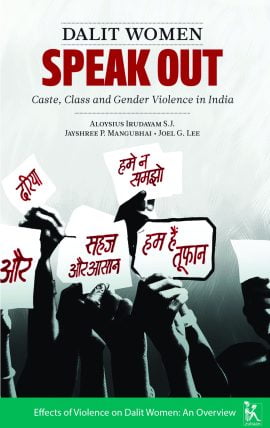
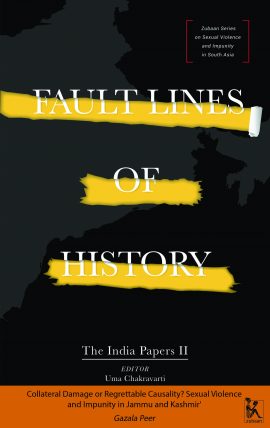
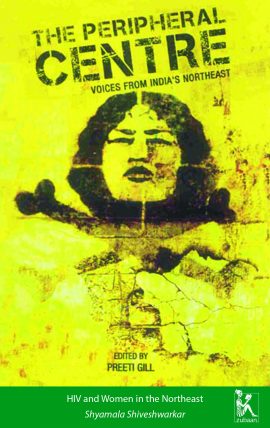
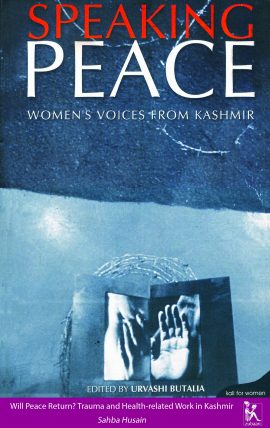
Reviews
There are no reviews yet.